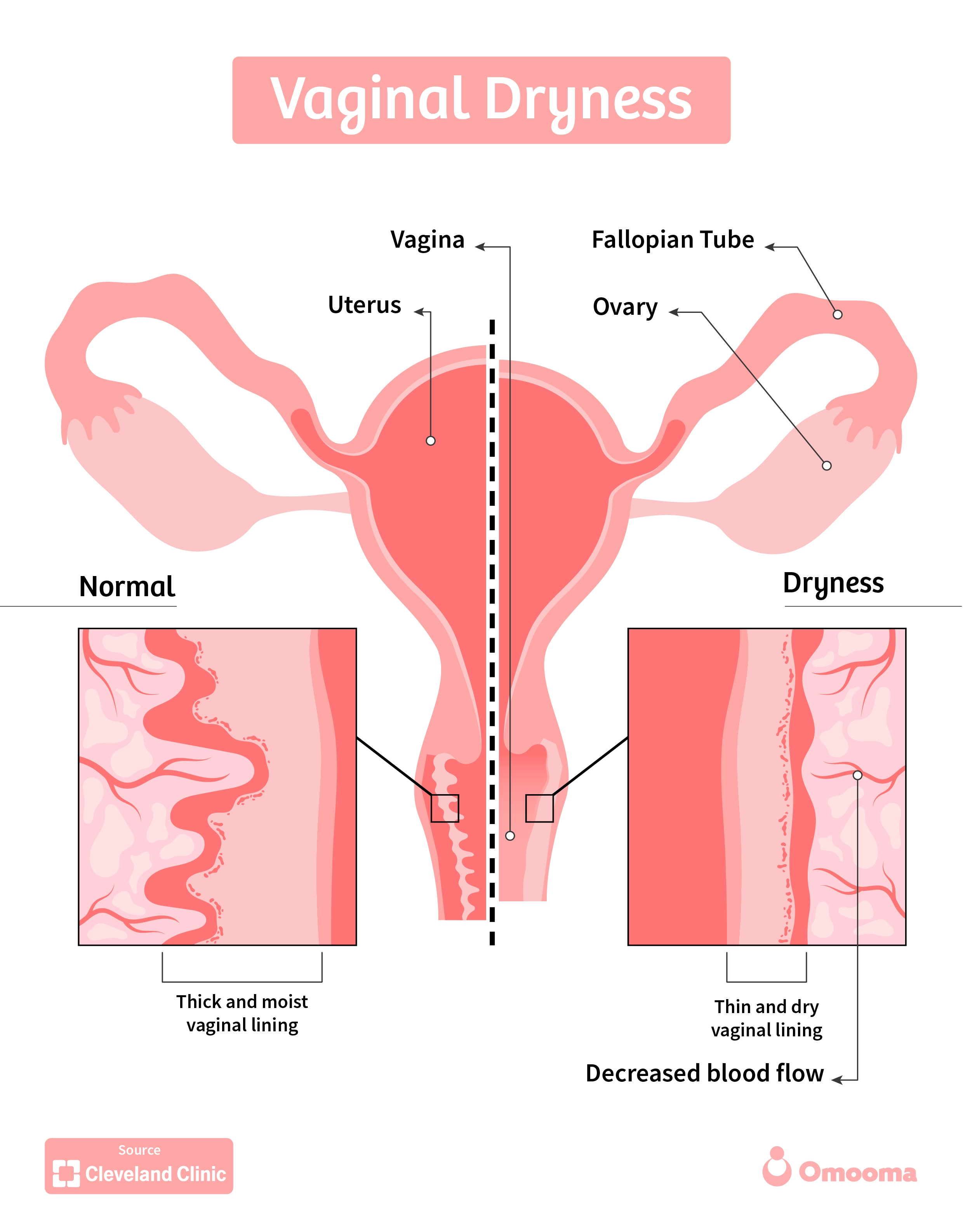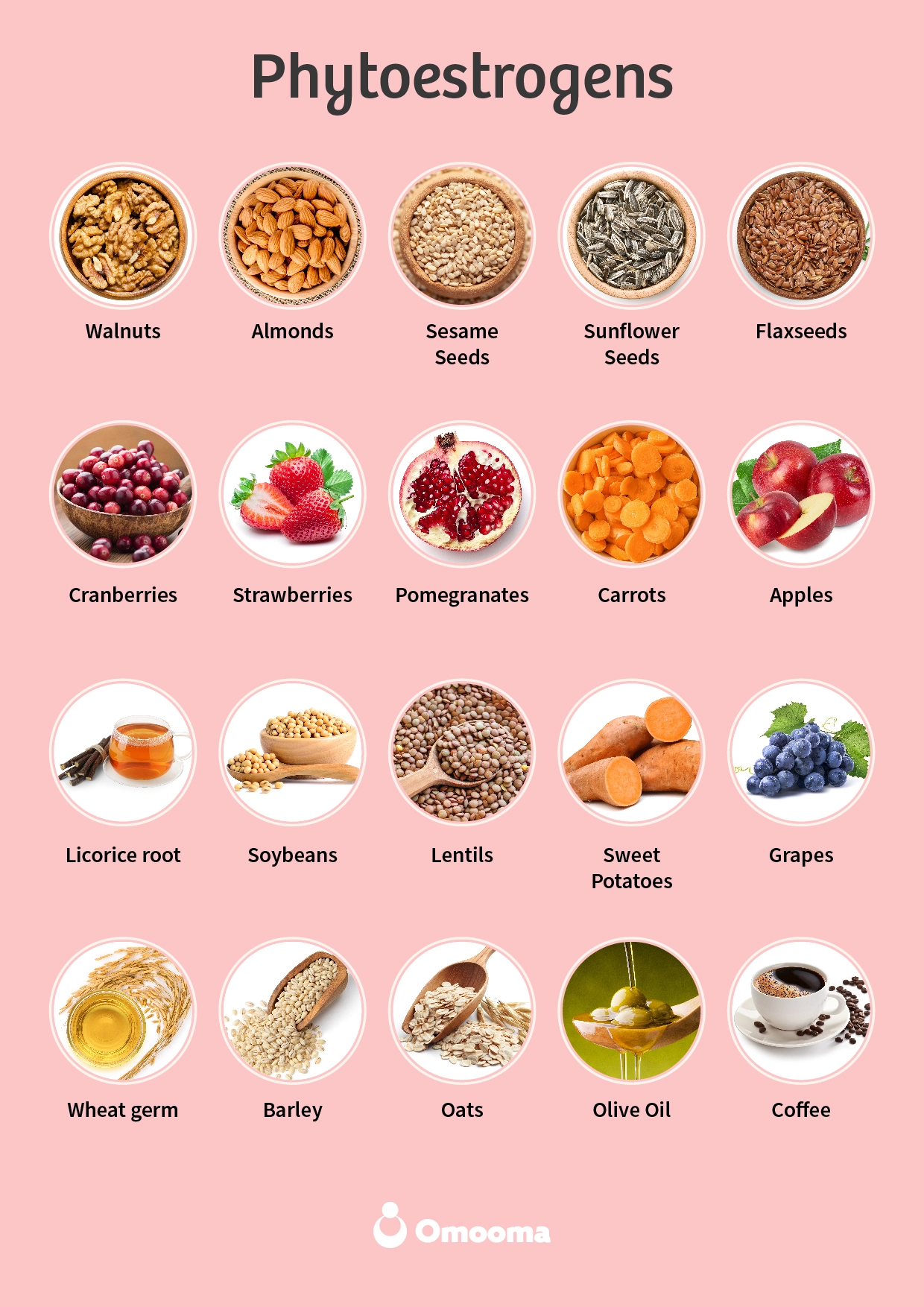Vaginal Dryness causes and treatment
The moisture of the vagina varies from woman to woman. It is also affected by age, women's life stage, and many other changes. In this article, I will talk about an important issue related to women's sexual and reproductive health, explaining the causes of vaginal dryness and how to treat it.


Vaginal PH level
Since the vaginal dryness is relatively different from one woman to another, it differs in the same woman depending on her age. Whether she is pregnant or nursing or has given birth a few weeks ago, the vaginal acidity or the natural PH factor should be between 3.8 and 4.5. Any imbalance in this acidity will directly affect the vaginal environment and health, and it may be a cause of vaginal dryness.
Causes of vaginal dryness
1 | Childbirth
Birth causes an imbalance in hormone levels in women too much. Some hormones drop while other hormones rise, causing vaginal dryness after childbirth.
2 | Breastfeeding
The rise of prolactin hormone, which helps with milk production, affects the balance of hormones and causes a decline in Estrogen, causing dryness in the vagina.
3 | Smoking
One study has shown that smokers during menopause are more likely to experience severe vaginal dryness than women who do not smoke.
4 | Stress & Anxiety
Psychological and emotional factors can lead to vaginal dryness as well. Stress and anxiety can affect blood flow to the vagina. Insufficient blood flow may lead to vaginal dryness directly in some cases.
5 | Cancer treatment
Radiation therapy used to treat certain cancers can significantly reduce moisture in the vagina.
6 | Estrogen levels
Estrogen, or the hormone of femininity, varies in level throughout the menstrual cycle stages. In addition, it rises during ovulation days, increasing the moisture of the vagina and significantly increasing vaginal discharge. During menopause, Estrogen decreases, which leads to dryness in the vagina. It is worth noting that Estrogen levels begin to decline several years before the menstrual cycle stops. Women may experience premenopausal symptoms, known as perimenopause or menopausal transitions, while they are still in their thirties or forties. Therefore, many women feel different levels of vaginal humidity at an early age before menopause permanently due to the gradual decline in Estrogen levels. This causes a decrease in sexual desire, increased mood swings, irregular periods, and many other symptoms.

Treatment options
Avoid using vaginal douches
As mentioned in my previous article on vaginal douches, this product directly affects the vaginal pH, leading to dryness in the vagina.
Consume phytoestrogens
Include phytoestrogen-rich foods such as cashews, sesame seeds, sunflower seeds, walnuts, almonds, legumes, and others mentioned in the image below.

Moderate the use of bidets
Some women tend to overuse bidets after using the bathroom. While cleaning the vagina with water is essential for maintaining its health and hygiene, excessive use can lead to vaginal dryness.
Prevent infections
The likelihood of vaginal infections increases during premenopausal and menopausal stages due to weakened immunity and bodily changes. Infections can alter the vaginal environment and contribute to dryness. It's crucial to protect the vagina from fungal and bacterial growth by maintaining cleanliness, keeping the area dry, wearing comfortable cotton underwear, and changing it regularly.
Use moisturizers
Utilize intimate lubricants and moisturizing creams recommended by a doctor as effective treatments for dryness.
Stay hydrated
Drinking sufficient water is essential for overall health, natural body hydration, and has a direct impact on improving vaginal dryness.
Consider alternative hormonal therapies.
A doctor may prescribe hormonal replacement therapies, especially for women experiencing menopausal symptoms. It is essential to emphasize that only a specialized doctor should prescribe these treatments after comprehensive examinations, as they may have adverse health effects.
Possible Complications
- Atrophy of the vaginal muscles is associated with estrogen decline.
- Post-intercourse bleeding.
- Depression due to hormonal changes, pain, and altered self-perception necessitating psychological support.





